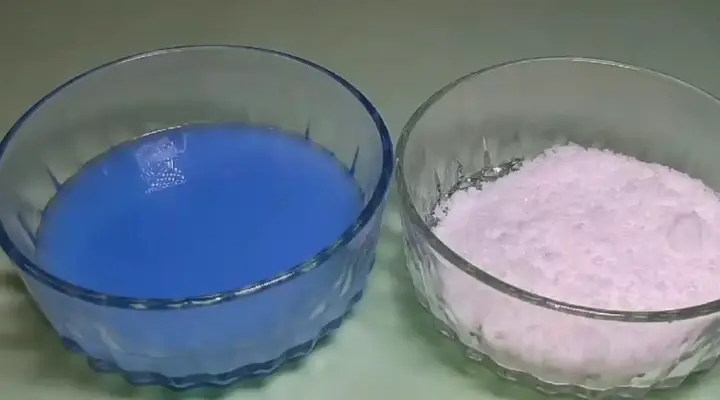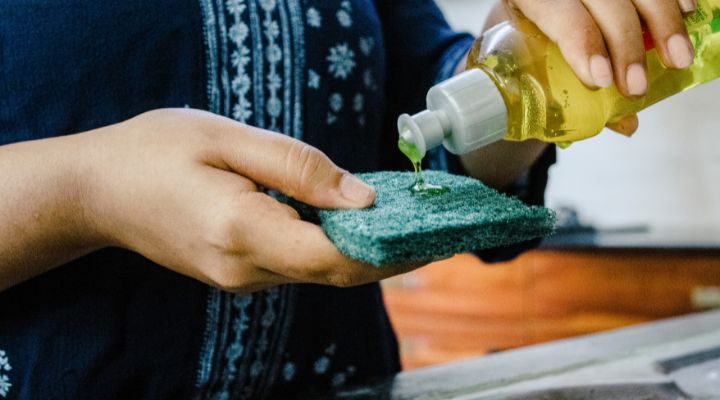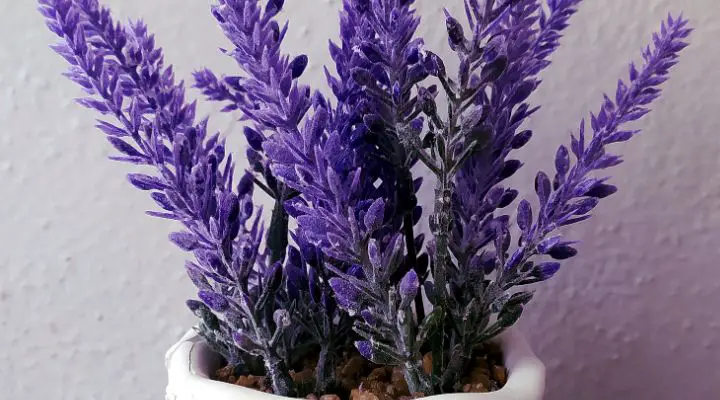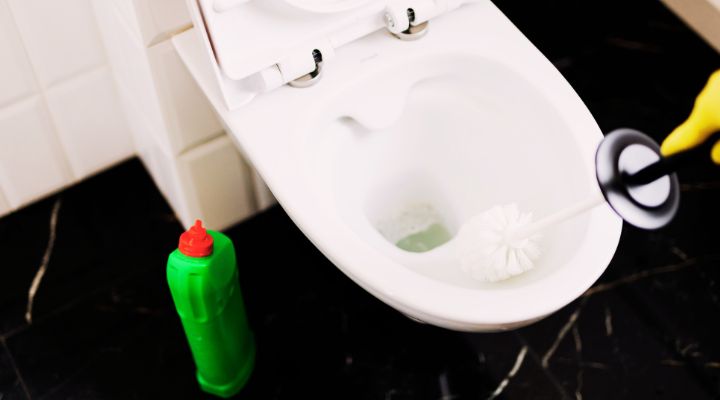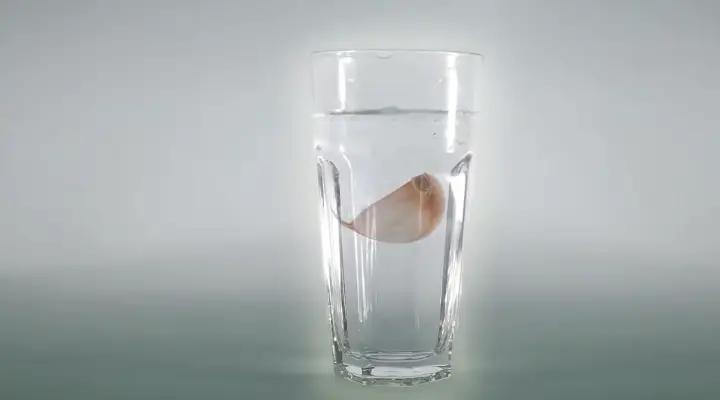Health care: it’s a topic that touches every single one of us, regardless of age, background, or where we live. Have you ever stopped to think about how dramatically access to quality health care can change a life? Imagine a world where preventative measures are readily available, where chronic conditions are effectively managed, and where emergency care is accessible to all. That’s the power of a robust health care system, and it’s what we’re going to explore together.
The concept of health care isn’t new. From ancient herbal remedies to the establishment of the first hospitals centuries ago, societies have always sought ways to heal and care for their members. Different cultures have developed unique approaches to wellness, reflecting their beliefs and values. Think about traditional Chinese medicine, Ayurveda from India, or the healing practices of indigenous communities around the world. These traditions highlight the deep-rooted human desire for well-being.
But why is health care so vital today? In our fast-paced, often stressful modern world, maintaining good health can feel like an uphill battle. We face challenges like increasing rates of chronic diseases, the spread of infectious illnesses, and the complexities of navigating a constantly evolving medical landscape. Access to quality health care isn’t just about treating illnesses; it’s about empowering individuals to live healthier, more fulfilling lives. It’s about preventing diseases before they start, managing existing conditions effectively, and ensuring that everyone has the opportunity to thrive. I believe understanding the nuances of health care is crucial for making informed decisions about our own well-being and advocating for a healthier future for all.
Maintaining a Fresh-Smelling Apartment: A Comprehensive Guide
Hey there! Let’s face it, nobody wants to walk into an apartment that smells like old socks or last week’s dinner. A fresh-smelling apartment isn’t just about aesthetics; it’s about creating a comfortable and healthy living environment. I’m going to walk you through a detailed guide to keep your apartment smelling amazing, all the time.
Daily Habits for a Fresh Start
These are the little things you can incorporate into your daily routine that will make a HUGE difference.
- Ventilate Regularly: Open windows for at least 15-20 minutes each day, even in colder weather. Fresh air is your best friend!
- Make Your Bed: This simple act not only makes your bedroom look tidier but also prevents the buildup of stale odors trapped in your bedding.
- Wash Dishes Promptly: Don’t let dirty dishes pile up in the sink. Food scraps are a major source of unpleasant smells.
- Take Out the Trash: Empty your trash cans regularly, especially if you’ve thrown away food waste. Consider using trash bags with odor control.
- Wipe Down Surfaces: Quickly wipe down kitchen counters and bathroom surfaces after use to prevent spills and splatters from becoming smelly messes.
Deep Cleaning for Long-Lasting Freshness
Okay, now let’s get into the nitty-gritty. These are tasks you should aim to do weekly or bi-weekly.
Kitchen Cleaning
The kitchen is often ground zero for odors, so let’s tackle it first.
-
- Clean the Refrigerator:
- Unplug the refrigerator. Safety first!
- Remove all items. Check expiration dates and toss anything that’s past its prime.
- Wash shelves and drawers. Use warm, soapy water or a solution of baking soda and water.
- Wipe down the interior walls. Pay special attention to spills and stains.
- Place an open box of baking soda inside. Baking soda absorbs odors like a champ. You can also use activated charcoal.
- Return items to the refrigerator. Organize them neatly to prevent future spills.
- Plug the refrigerator back in.
- Clean the Oven:
- Remove oven racks. Soak them in hot, soapy water.
- Scrape away loose debris from the oven interior.
- Apply an oven cleaner. Follow the instructions on the product label carefully. Alternatively, you can make a paste of baking soda and water and apply it to the oven interior. Let it sit overnight.
- Scrub the oven interior. Use a sponge or scrub brush to remove baked-on food and grease.
- Rinse thoroughly with water.
- Clean the oven racks. Scrub them with a sponge or brush and rinse well.
- Return the oven racks to the oven.
- Clean the Dishwasher:
- Remove any food debris from the drain.
- Place a dishwasher-safe cup filled with white vinegar on the top rack.
- Run the dishwasher on a hot cycle.
- Alternatively, sprinkle baking soda on the bottom of the dishwasher and run a short cycle.
- Clean the Garbage Disposal:
- Run cold water into the disposal.
- Drop in a few lemon or lime wedges.
- Turn on the disposal for a few seconds.
- Alternatively, pour in a cup of baking soda followed by a cup of white vinegar. Let it fizz for a few minutes, then flush with hot water.
- Clean the Kitchen Sink:
- Scrub the sink with a sponge and dish soap.
- Rinse thoroughly with water.
- Sprinkle baking soda in the sink and scrub again.
- Rinse with water.
- Pour white vinegar down the drain to disinfect and deodorize.
- Clean the Refrigerator:
Bathroom Cleaning
Bathrooms can be another source of unpleasant odors, so let’s give them some attention.
-
-
- Clean the Toilet:
- Flush the toilet.
- Apply toilet bowl cleaner under the rim.
- Let it sit for the recommended time.
- Scrub the bowl with a toilet brush.
- Flush again.
- Wipe down the exterior of the toilet with a disinfectant cleaner.
- Clean the Shower/Tub:
- Spray the shower/tub with a shower cleaner.
- Let it sit for the recommended time.
- Scrub the surfaces with a sponge or brush.
- Rinse thoroughly with water.
- Consider using a squeegee after each shower to prevent mildew buildup.
- Clean the Bathroom Sink:
- Scrub the sink with a sponge and soap.
- Rinse thoroughly with water.
- Wipe down the faucet and countertop with a disinfectant cleaner.
- Clean the Bathroom Floor:
- Sweep or vacuum the floor to remove loose debris.
- Mop the floor with a disinfectant cleaner.
- Clean the Toilet:
-
Living Area and Bedroom Cleaning
These areas might not be as prone to strong odors as the kitchen and bathroom, but they still need regular cleaning.
-
-
- Vacuum or Sweep Floors: Do this at least once a week, or more often if you have pets or allergies. Don’t forget to get under furniture!
- Dust Surfaces: Dust furniture, shelves, and other surfaces regularly to prevent dust buildup, which can contribute to stale odors.
- Wash Bedding: Wash your sheets, pillowcases, and blankets weekly. This helps remove sweat, body oils, and dust mites.
- Air Out Rugs and Carpets: Occasionally, take rugs and carpets outside to air them out in the sun. This can help remove trapped odors. You can also sprinkle baking soda on carpets, let it sit for a few hours, and then vacuum it up.
- Clean Upholstery: Vacuum upholstery regularly to remove dust and debris. Spot clean any stains as soon as possible. Consider using an upholstery cleaner for a deeper clean.
-
Targeting Specific Odors
Sometimes, you need to address specific odor problems. Here are some common culprits and how to deal with them:
Pet Odors
If you have furry friends, you know pet odors can be a challenge.
-
-
- Clean Litter Boxes Regularly: Scoop litter boxes daily and change the litter completely at least once a week.
- Wash Pet Beds: Wash pet beds regularly to remove pet hair and odors.
- Use an Enzymatic Cleaner: Enzymatic cleaners break down the proteins in pet urine and other messes, eliminating the odor at its source.
- Vacuum Frequently: Vacuum carpets and upholstery frequently to remove pet hair and dander.
-
Mold and Mildew Odors
Mold and mildew can thrive in damp environments, like bathrooms and basements.
-
-
- Identify and Eliminate the Source of Moisture: Fix any leaks or plumbing problems.
- Improve Ventilation: Use exhaust fans in bathrooms and kitchens.
- Clean Mold and Mildew: Use a mold and mildew cleaner to remove visible mold and mildew. You can also use a solution of bleach and water (always use caution when working with bleach and ensure proper ventilation).
- Use a Dehumidifier: A dehumidifier can help reduce moisture levels in damp areas.
-
Smoke Odors
Smoke odors can be persistent and difficult to remove.
-
- Ventilate the Area: Open windows and doors to air out the space.
- Wash Walls and Ceilings: Smoke can cling to walls and ceilings. Wash them with a solution of
Conclusion
In conclusion, prioritizing a fresh-smelling apartment isn’t just about aesthetics; it’s a vital component of a holistic approach to well-being. It’s an investment in your mental clarity, physical health, and overall quality of life. The benefits extend far beyond simply masking odors. A clean, fresh-smelling environment can significantly reduce stress, improve sleep quality, boost productivity, and even alleviate allergy symptoms. It’s a proactive step towards creating a sanctuary where you can truly relax and recharge.
Think of it as preventative healthcare for your mind and body. A stale, musty environment can harbor allergens, mold spores, and other irritants that can trigger respiratory problems and exacerbate existing health conditions. By actively maintaining a fresh-smelling apartment, you’re actively mitigating these risks and creating a healthier living space.
This isn’t a one-size-fits-all solution, however. Experiment with different methods to find what works best for you and your lifestyle. Perhaps you prefer the natural simplicity of open windows and strategically placed houseplants. Or maybe you’re drawn to the convenience of essential oil diffusers and air purifiers. The key is to be consistent and proactive in your approach.
Consider these variations to personalize your fresh-smelling apartment strategy:
* Seasonal Scents: Adapt your scents to the changing seasons. Opt for lighter, citrusy fragrances in the summer and warmer, spicier scents in the winter.
* DIY Solutions: Explore homemade air fresheners using natural ingredients like baking soda, vinegar, and essential oils. This is a cost-effective and eco-friendly way to maintain a fresh-smelling apartment.
* Targeted Odor Control: Identify specific areas prone to odors, such as the kitchen or bathroom, and implement targeted solutions like charcoal filters or odor-absorbing gels.
* Focus on Ventilation: Ensure proper ventilation throughout your apartment by opening windows regularly and using exhaust fans in the kitchen and bathroom. This is crucial for preventing the buildup of stale air and odors.Ultimately, the goal is to create a living space that is not only visually appealing but also conducive to your overall health and well-being. We strongly encourage you to try these techniques and discover the transformative power of a fresh-smelling apartment.
We’re eager to hear about your experiences! What methods have you found most effective in maintaining a fresh-smelling apartment? What challenges have you encountered, and how have you overcome them? Share your tips, tricks, and insights in the comments below. Your contributions can help others create healthier and happier living spaces. Let’s build a community dedicated to the importance of a fresh-smelling apartment and its positive impact on our lives.
Frequently Asked Questions (FAQ)
Q: Why is a fresh-smelling apartment so important for my health?
A: A fresh-smelling apartment contributes significantly to both your physical and mental well-being. Stale or unpleasant odors can be indicative of poor air quality, which can trigger allergies, asthma, and other respiratory problems. Furthermore, a clean and fresh environment can reduce stress, improve mood, and promote better sleep. A fresh-smelling apartment is essentially an investment in your overall health and quality of life.
Q: What are some easy and affordable ways to make my apartment smell fresh?
A: There are many simple and cost-effective ways to achieve a fresh-smelling apartment. Start by opening windows regularly to ventilate the space and allow fresh air to circulate. Baking soda is an excellent odor absorber; place open boxes in areas prone to odors, such as the refrigerator or under the sink. Simmering water with citrus peels, cinnamon sticks, or other fragrant spices can also create a pleasant aroma. Additionally, consider using essential oil diffusers with your favorite scents. Regularly cleaning and decluttering your apartment is also crucial for preventing the buildup of odors.
Q: I have pets. How can I keep my apartment smelling fresh despite pet odors?
A: Pet odors can be challenging to manage, but with the right strategies, you can maintain a fresh-smelling apartment. Regular grooming, including bathing and brushing, is essential for reducing pet dander and odors. Clean litter boxes or pet cages frequently. Use enzymatic cleaners specifically designed to eliminate pet odors from carpets, upholstery, and other surfaces. Consider investing in an air purifier with a HEPA filter to remove pet dander and allergens from the air. Finally, ensure proper ventilation by opening windows and using fans.
Q: Are air fresheners safe to use?
A: Many commercially available air fresheners contain chemicals that can be harmful to your health, especially for individuals with respiratory sensitivities. Opt for natural alternatives whenever possible. Essential oil diffusers, homemade air fresheners using natural ingredients, and beeswax candles are all safer options. If you choose to use commercial air fresheners, look for products that are labeled as “fragrance-free” or “natural” and avoid those containing phthalates, parabens, and other potentially harmful chemicals. Always ensure proper ventilation when using any type of air freshener.
Q: How often should I clean my apartment to maintain a fresh smell?
A: The frequency of cleaning depends on your lifestyle and the size of your apartment. However, a general guideline is to perform a thorough cleaning at least once a week. This includes vacuuming or mopping floors, cleaning bathrooms and kitchens, and dusting surfaces. Regularly emptying trash cans and addressing spills immediately is also crucial for preventing odors. In addition to weekly cleaning, consider performing smaller tasks, such as wiping down countertops and sweeping floors, on a daily basis to maintain a fresh-smelling apartment.
Q: What are some plants that can help improve air quality and make my apartment smell fresh?
A: Several houseplants are known for their air-purifying properties and can contribute to a fresh-smelling apartment. Snake plants, spider plants, peace lilies, and bamboo palms are all excellent choices. These plants help to remove toxins from the air and release oxygen, creating a healthier and more pleasant living environment. Additionally, some plants, such as eucalyptus and lavender, have naturally fragrant leaves that can add a subtle and refreshing scent to your apartment.
Q: How can I get rid of musty smells in my apartment?
A: Musty smells are often caused by mold or mildew growth, which thrives in damp environments. Identify and address the source of the moisture, such as leaky pipes or poor ventilation. Clean affected areas with a solution of bleach and water (always wear gloves and eye protection). Use a dehumidifier to reduce moisture levels in your apartment. Ensure proper ventilation by opening windows and using fans. Baking soda and charcoal are also effective at absorbing musty odors. If the musty smell persists, consider consulting with a professional mold remediation specialist.
Q: What if I’ve tried everything, and my apartment still doesn’t smell fresh?
A: If you’ve exhausted all other options and your apartment still doesn’t smell fresh, it’s possible that there’s an underlying issue that needs professional attention. This could include hidden mold growth, plumbing problems, or pest infestations. Consider hiring a professional cleaning service or a home inspector to identify and address the root cause of the problem. They may have specialized equipment and expertise to effectively eliminate odors and improve air quality in your apartment.
Allergy Information
Please check ingredients for potential allergens and consult a health professional if in doubt.


